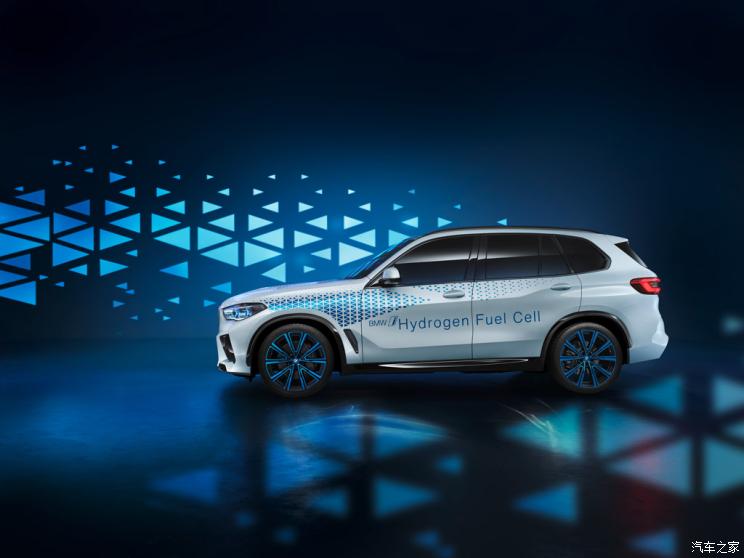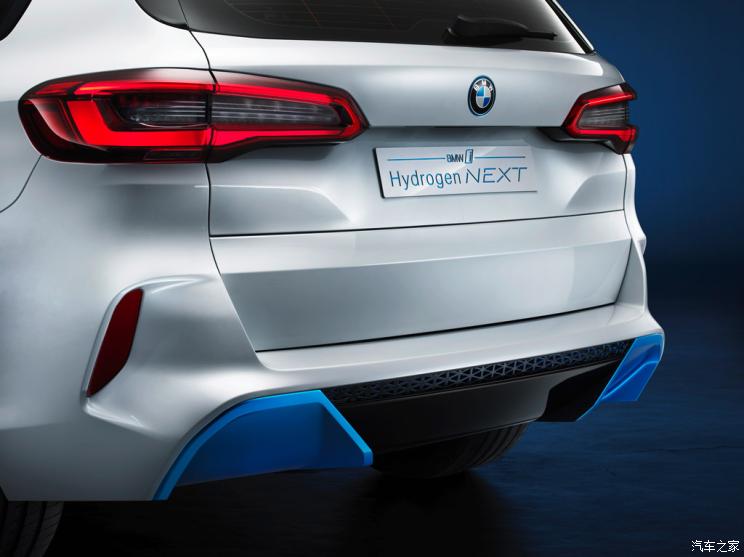In 2022, the BMW Group plans to mass-produce the next-generation hydrogen fuel cell electric drive system based on the BMW X5 (|inquiry), and began to provide fuel cell vehicles to customers as early as 2025. The specific time to market depends mainly on market demand and Overall market conditions.
It is reported that fuel cell vehicles can achieve zero-emission mobile travel, and have similar use characteristics to traditional internal combustion engine vehicles: less than 4 minutes of refueling time, long distance travel range, the same comfort and traction, and affected by climatic conditions Low, which means customers can enjoy long-distance electric driving range in summer and winter. Of course, these require a corresponding hydrogen fuel supply infrastructure. This supply infrastructure is still in the early stages of development in most countries.
In order to accelerate the research and development of hydrogen fuel cell technology, in 2013, the BMW Group began to jointly develop a drive system for hydrogen fuel cell technology with Toyota Motor Corporation. Since the summer of 2015, the BMW Group’s R&D department has been testing the BMW 5 Series GT hydrogen fuel cell fleet with a hydrogen-powered drive system developed jointly with Toyota. In 2016, the two companies signed a product development cooperation agreement. Since then, BMW and Toyota have been committed to the development of scalable modular components for future fuel cell drive systems and hydrogen fuel cell vehicles.
Post time: Sep-12-2019


